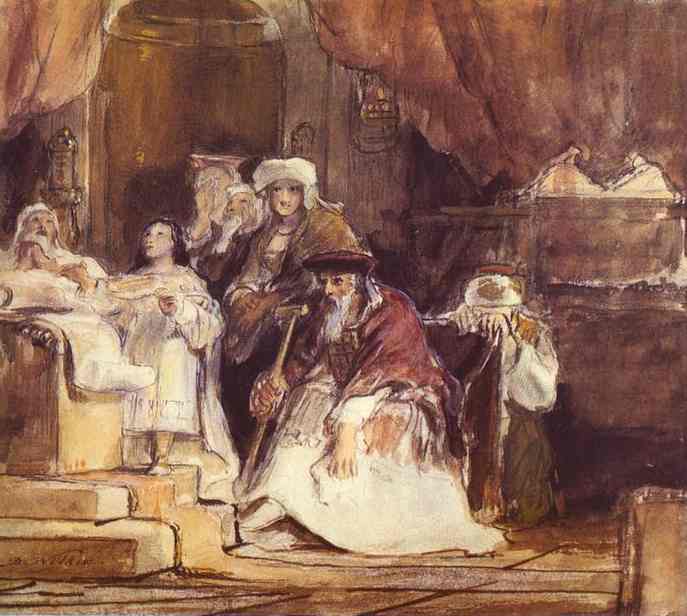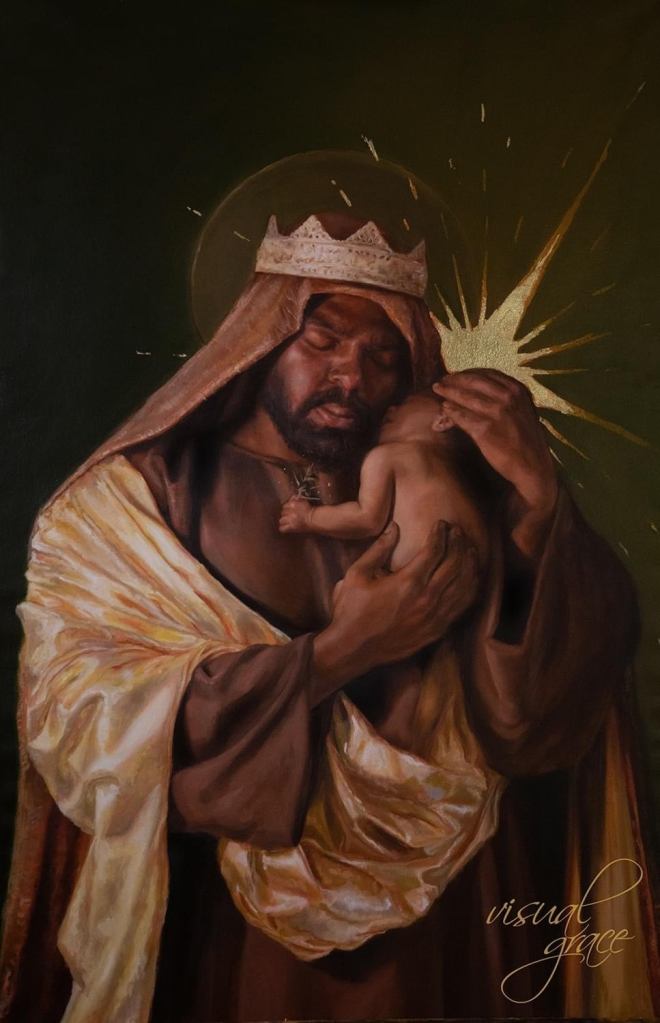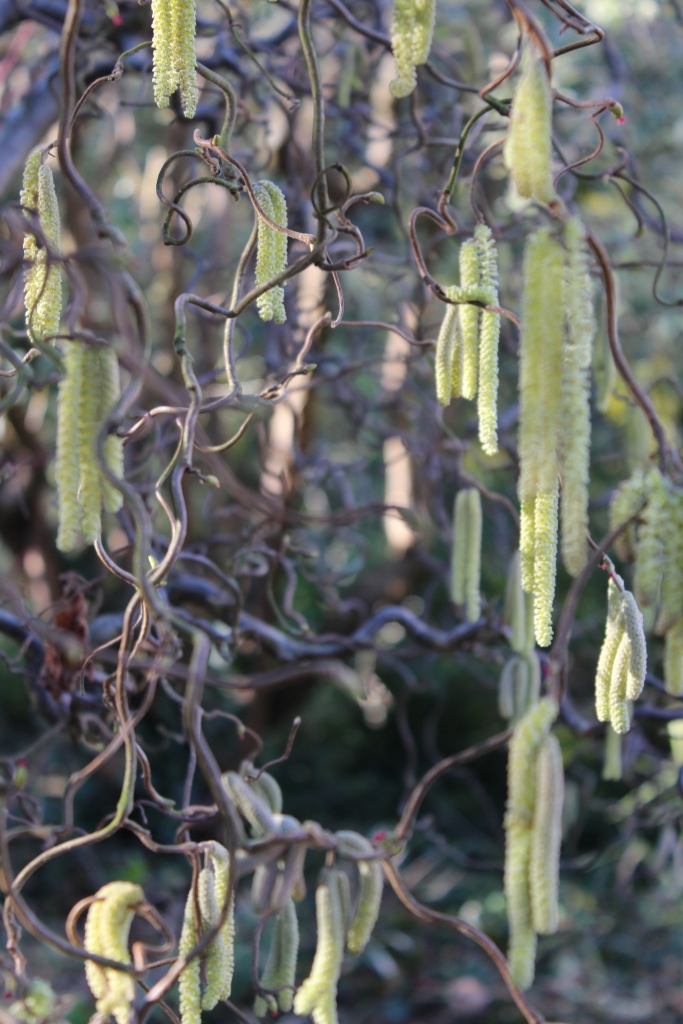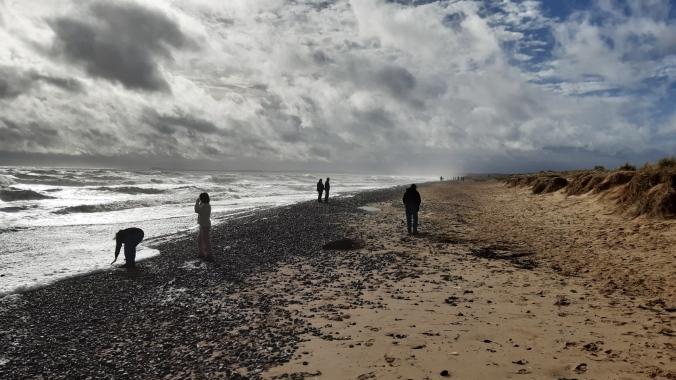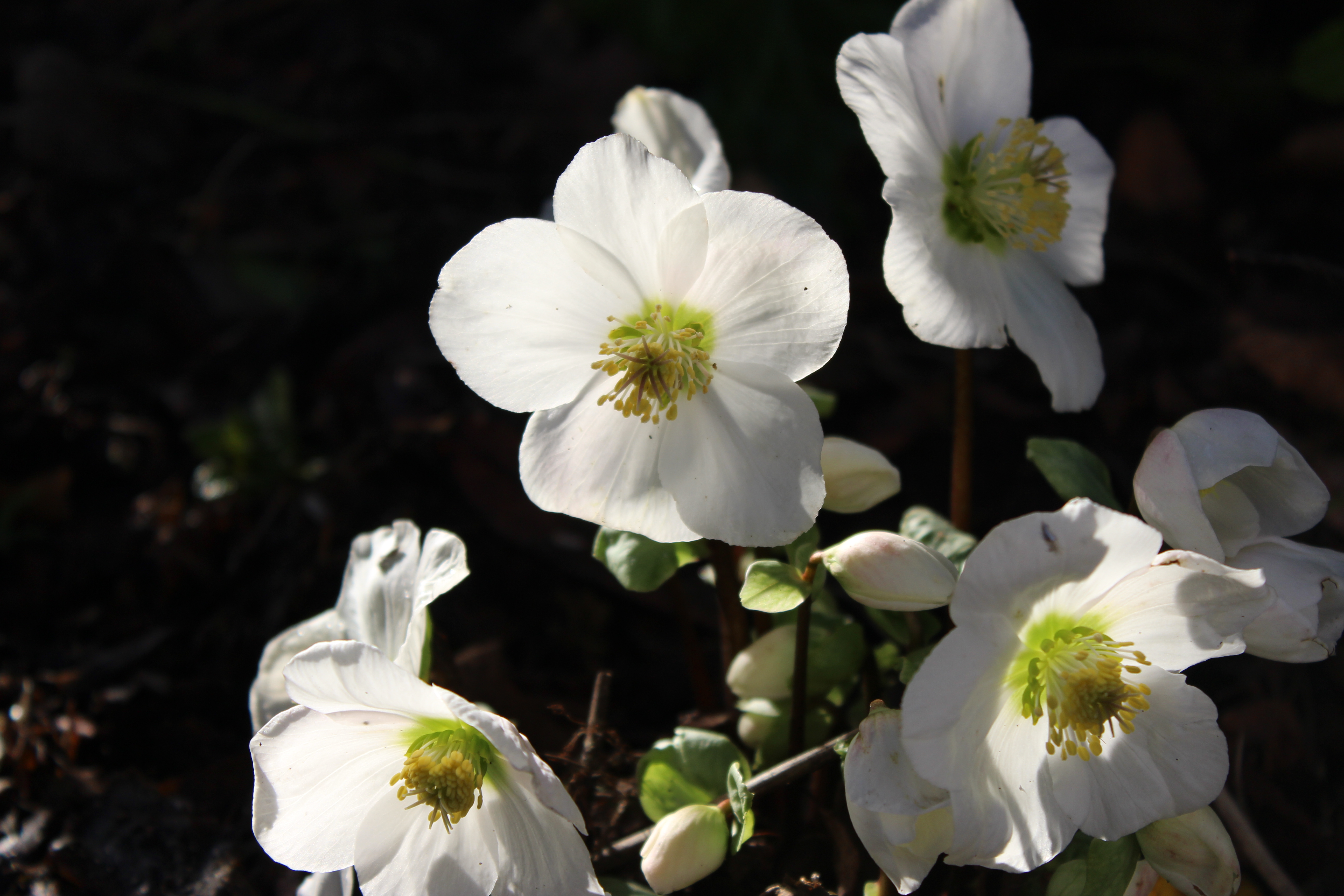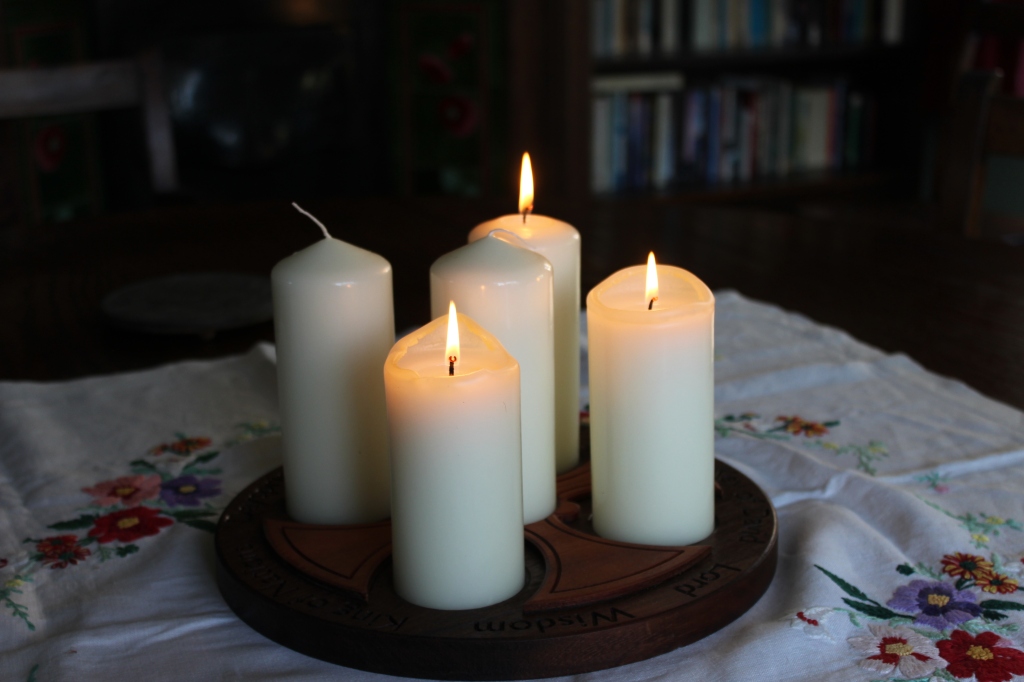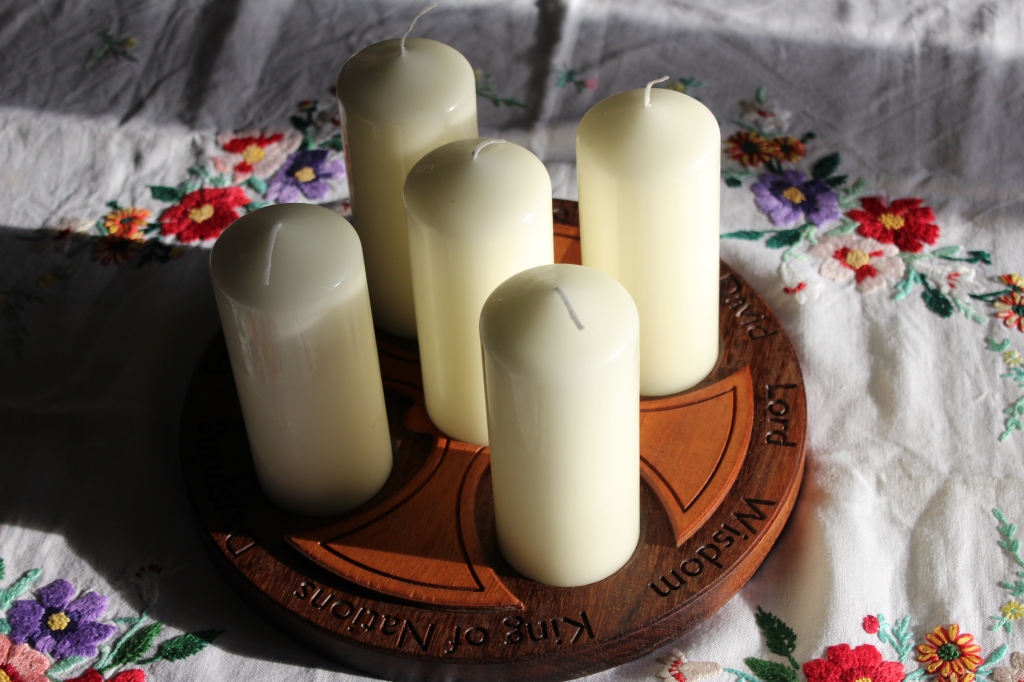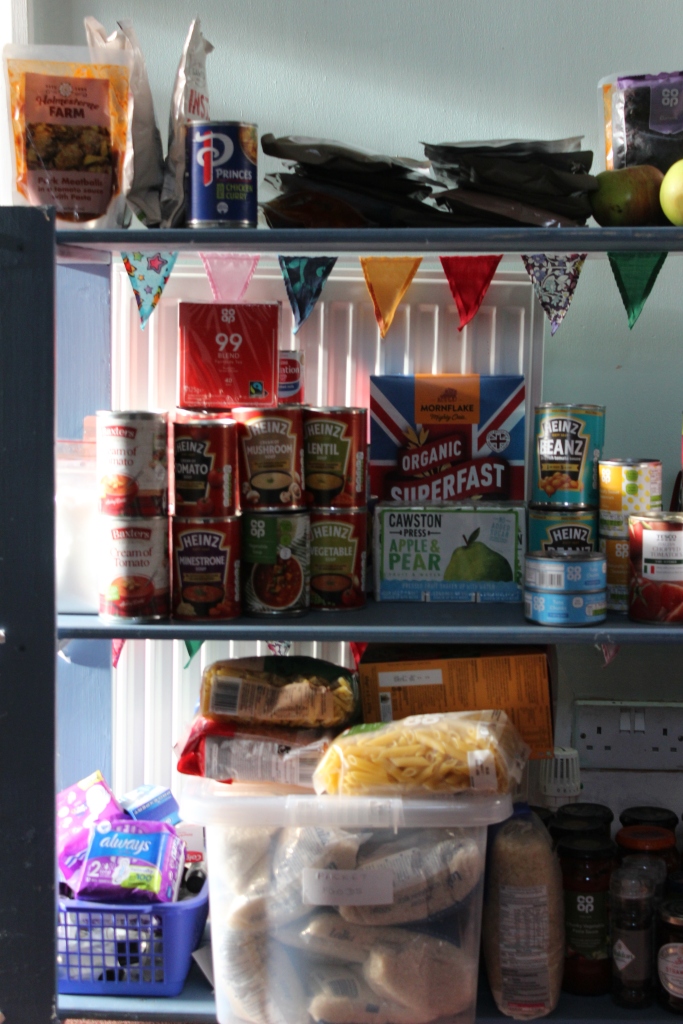
Monday is Earth Day, when many of us especially remember the gifts of the Earth, its fragility, and our responsibilities towards it. Today (Saturday) in my town we’re having a bit of a celebration down by our river, focusing on good local food and organisations which are seeking to care for our patch of Earth. There’s music and friendship and crafts and storytelling, and local businesses who are doing things differently – beautiful local bread and saffron and wild venison and plants and flour ground by our tide-mill among other things. It’s a good way to mark the occasion.
This spring, I’ve been enjoying Simon Armitage’s beautifully illustrated new collection, Blossomise, in collaboration with the National Trust. I highly recommend it. It’s a celebration of the blossom season, transient and determined, which for us starts in February with this lovely cherry plum, or mirabelle, and is carrying on from one tree to another in our growing collection of fruit trees. We have one apple who is always alarmingly late, but the buds are beginning to swell. Maybe by mid May, if its mild, it may offer the season’s swansong. I also highly recommend the beautiful Orchard by Benedict McDonald and Nicolas Gates – I sent a copy to my MP as a gift when she was Secretary of State for the Environment.
I have been thinking of the Japanese love of blossom, and how it’s fleeting ephemeral nature makes it so precious to them, and to the rest of us. In some ways, it’s a modest theme for such an expansive day – when we consider the whole of this green Earth, but I kept being drawn back to it, so here we go. I think what draws me to it is twofold: there’s something about the dazzling beauty of blossom which is so transient, so easily lost which reminds me of the beauty of all the trees, and oceans, and rivers, the great all of the good Earth which we love and are harming and are called to tend and care for. And secondly, there is the draw of the particular. When I look at the big picture, I am often overwhelmed and frequently despairing, and so I choose to focus on the small, the local, the actions I can take for the trees in my area, the bats who will soon be flying over my garden, the sorry state of my – of our – local river. So this poem I’m sharing with you for this day is, like blossom, small and light.
The most beautiful thing
Outside, the blossom is in full glory now,
white star-flowers, delicate as tissue,
on black, angled branches –
like a print by Hiroshige.
I gathered a blown branch
from the ground, and brought it
in to shimmer on my mantelpiece
in a tall green bottle.
It is the loveliest thing in the room,
the loveliest thing I might call mine –
mine, perhaps, not as possession,
but in relation – as in sister
of mine, the dancing blossom tree.
For dance she does as the
cold wind blows,
gusting and wild,
in a snowstorm of petals
that dress the air about her.
And sister she is too, although
the resemblance is slight.
We share kinship in
chilly breezes and soft rain,
nourished alike by this deep
dark soil, and made of it,
depending on the same
gifts of Earth for our
brief time of flourishing.
This felt kinship, truly the
most beautiful thing,
As like her, I dance in the
gusting wind, and like her,
I look for tomorrow
and the promise of sun,
and birdsong,
and I too hope for
the gentle buzz of bees
and the fruit that is to come.

Hiroshige blossom
If you are looking for readings for Earth Day, you might find something on this blog to suit. Please feel free to use my work, saying where you found it.
Here are a few suggestions, but if you search by Nature, Creation, Green, there will be many others
Gaia at Ely Cathedral
Enough
What might it mean, to live well on a dying earth
Rooted
I hear the song of the earth
A parable
The grace of seeds
I thought I might mention here a few podcasts I like to listen to – I’ll just name them as there are so many different podcast providers. A thing I am noticing amongst those who are working with the land and especially the rewilders is the most deep sense of joy, purpose and accomplishment. There is a rising change in our relation to the rest of the natural world, and perhaps a thing we can all do is cultivate a love and practical care of our place, and find others to work with. So, here are some listening suggestions….
The Jane Goodall Hopecast
The Knepp Wildlands Podcast
Rewilding the World with Ben Goldsmith
The Rewild Podcast with James Shooter
Learning How to See with Brian McLaren – latest season is Seeing Nature
Wild Podcast by Grange Project
How to Save a Planet (for a more North American emphasis)

A little tree rehoming scheme……Some of the saplings dug up from my garden and very kindly donated by others. I’ve passed on about 270 now to local people who are planting woods, orchards and hedgerows. Strangely, it seems to be a notion that has found its moment!
Happy Earth Day.
May the place where you live flourish. May the places your food grows be bountiful. May your air and water be clean and life-giving.


